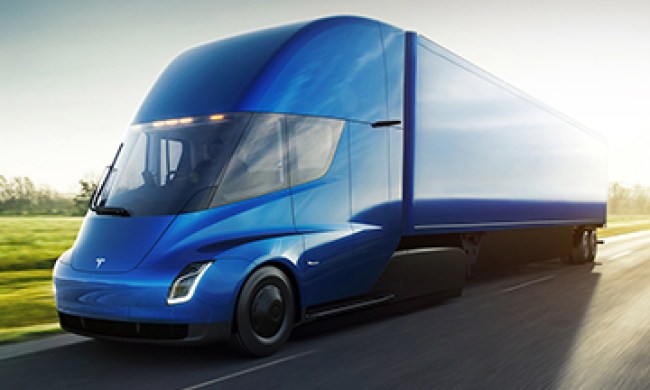In Tesla’s third recall announcement this month, the electric-car maker is having to address an issue with faulty software that’s affecting heat pump performance. The problem is preventing a number of newer cars from warming up and impacts their ability to sufficiently defrost icy windows, which could compromise safety.
The recall, announced this week by the National Highway Traffic Safety Administration (NHTSA), involves more than 26,000 Model S, X, 3, and Y vehicles from the 2021 and 2022 model years.
The faulty software may cause a heat pump’s valve to remain open, leading to reduced performance.
Besides leaving drivers in colder climates shivering in their cars, the issue can also prevent an icy windshield from defrosting sufficiently, resulting in reduced visibility that could increase the risk of a collision, the NHTSA said.
Tesla hasn’t received any reports of crashes, injuries, or fatalities linked to the issue, though a number of drivers have filed complaints about the loss of heating performance.
Tesla drivers running the faulty software may receive an alert on the vehicle’s user interface informing them that the cabin heating, ventilation, and air-conditioning system’s performance is limited or unavailable.
The NHTSA said that firmware release 2021.44.30.7 — and releases after that — remedy the condition by reintroducing a particular software command.
Affected owners will be notified by mail in early April and be directed to resolve the issue by ensuring they install the latest firmware via an over-the-air update if they haven’t already done so.
It’s not the best of months for Tesla when it comes to recalls. Another announcement at the start of February involved just over 53,000 vehicles that needed to have an FSD (full self-driving) feature removed to prevent the vehicle from automatically rolling through stop signs, while last week the automaker recalled more than 817,000 vehicles to fix an issue where the seat belt reminder chime was failing to play when the driver hadn’t buckled up.
Wondering if your Tesla vehicle is affected by a recall? A quick way to find out is by heading to Tesla’s website and entering your vehicle’s unique 17-digit identification number.


